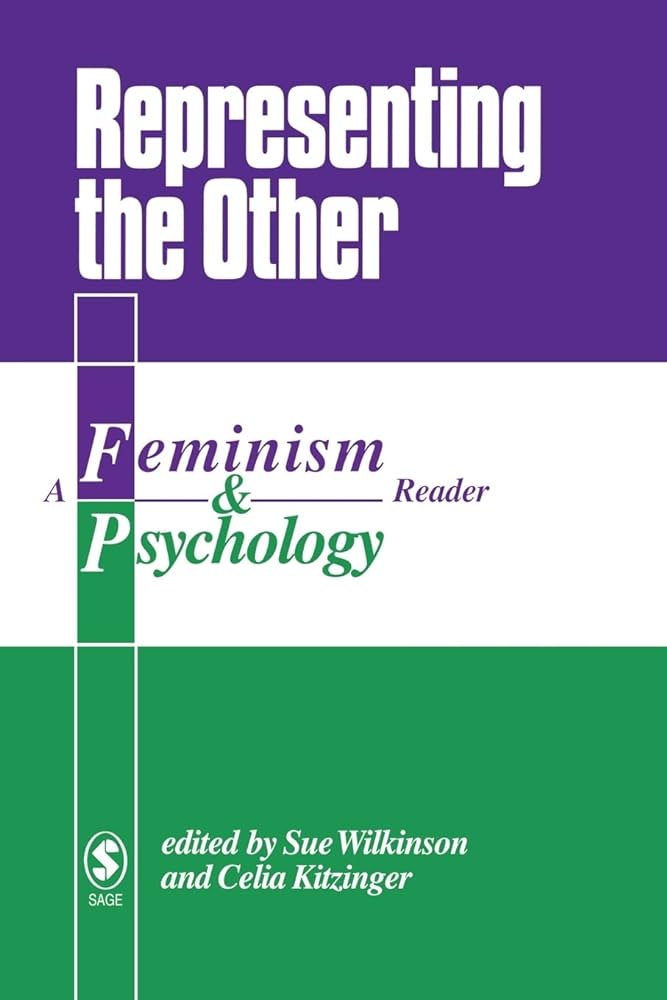The clean vagina, the healthy vagina, and the dirty vagina: Exploring women’s portrayals of the vagina in relation to vaginal cleansing product use
IF 1.9
3区 心理学
Q2 PSYCHOLOGY, MULTIDISCIPLINARY
引用次数: 3
Abstract
Vaginal cleansing products such as douches, sprays, wipes, powders, washes, and deodorants are part of a growing $2 billion industry in North America. Part of the appeal of these products is supposedly attaining vaginal cleanliness, which is marketed in association with product use. Although these products are promoted as healthy, medical research indicates potential health risks for some of these products (e.g. yeast infections, bacterial vaginosis, and disruption of the vaginal microbiota). Despite these risks, many women use these products. In this paper, we draw on interviews with women who use vaginal cleansing products to examine the ways in which particular portrayals of the vagina are connected with broader societal messages about female genitalia and with motivations to use vaginal cleansing practices. These portrayals include the healthy vagina, the clean vagina, and the dirty vagina. We show that although participants in our study valued both a clean vagina and a healthy vagina, when tension occurred between these two portrayals, participants prioritized vaginal cleanliness over vaginal health. We argue that this prioritization of the idealized clean vagina is connected to societal pressures of needing to attain unrealistic standards of vaginal cleanliness.清洁的阴道,健康的阴道,和肮脏的阴道:探索女性对阴道的描述与阴道清洁产品的使用
阴道清洁产品,如灌洗剂、喷雾剂、湿巾、粉剂、洗剂和除臭剂,是北美20亿美元增长产业的一部分。这些产品的部分吸引力据说是达到阴道清洁,这是与产品使用相关联的销售。虽然这些产品被宣传为健康产品,但医学研究表明,其中一些产品存在潜在的健康风险(例如酵母菌感染、细菌性阴道病和阴道微生物群破坏)。尽管存在这些风险,许多女性还是使用这些产品。在本文中,我们通过对使用阴道清洁产品的女性的采访,来研究阴道的特定描绘与有关女性生殖器的更广泛的社会信息以及使用阴道清洁做法的动机之间的联系方式。这些描述包括健康的阴道,干净的阴道和肮脏的阴道。我们表明,尽管我们研究中的参与者重视干净的阴道和健康的阴道,但当这两种描述之间发生紧张时,参与者优先考虑阴道清洁而不是阴道健康。我们认为,这种理想的清洁阴道的优先顺序与需要达到不切实际的阴道清洁标准的社会压力有关。
本文章由计算机程序翻译,如有差异,请以英文原文为准。
求助全文
约1分钟内获得全文
求助全文
来源期刊

Feminism & Psychology
Multiple-
CiteScore
3.30
自引率
11.10%
发文量
51
期刊介绍:
Feminism & Psychology provides a forum for debate at the interface between feminism and psychology. The journal"s principal aim is to foster the development of feminist theory and practice in – and beyond – psychology. It publishes high-quality original research, theoretical articles, and commentaries. We are interested in pieces that provide insights into the gendered reality of everyday lives, especially in relation to women and girls, as well as pieces that address broader theoretical issues. Feminism & Psychology seeks to publish work from scholars, researchers, activists and practitioners at all stages of their careers who share a feminist analysis of the overlapping domains of gender and psychology.
 求助内容:
求助内容: 应助结果提醒方式:
应助结果提醒方式:


